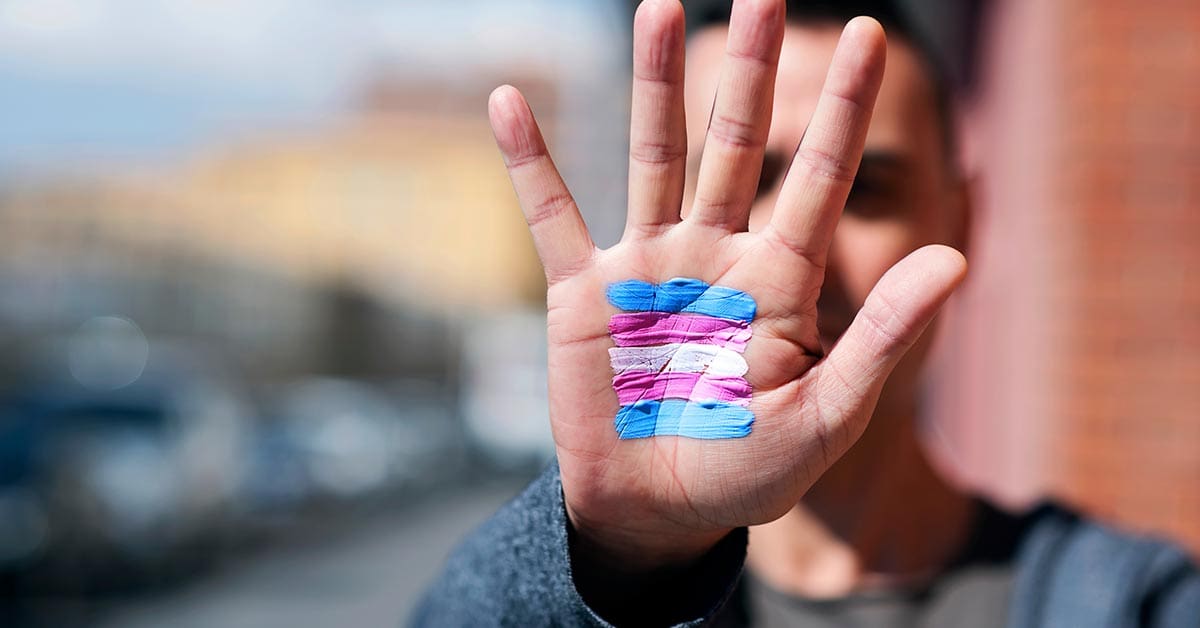Transgender former-learner takes on Western Cape school’s discrimination

The Women’s Legal Centre (WLC) has taken up the case of a transgender former learner from a public school in Cape Town, fighting for her right to education without prejudice and discrimination.
Supported by her father and Triangle Project, the transgender woman is challenging a discriminatory school policy and educators’ conduct which the WLC says consistently denied her right to equality, dignity, and education.
The case has been filed in the Cape Town Equality Court under the Promotion of Equality and Prevention of Unfair Discrimination Act.
The application seeks relief against the former high school and the Western Cape Department of Education, aiming to establish more inclusive policies and processes that respect and protect the rights of all learners in their full diversity.
At the centre of the case is LS, a transgender girl who was compelled to leave the school in 2020 due to the denial of her right to education in a discrimination-free environment.
Throughout her time at the school, LS was forbidden from expressing her gender identity through her appearance and dress, both during regular classes and extracurricular activities.
“Despite several interventions from her father and advice from expert professional psychologists, the school persisted in an approach that was against her best interest and actively sought to prevent her from expressing her gender and gender identity,” said WLC and Triangle Project in a joint statement.
“The constitutional rights to equality, dignity, bodily autonomy, education and privacy must be promoted, protected and enjoyed by all…”
The organisations argue that the school’s policy amounted to direct and indirect discrimination, as outlined by section 9(3) of the Constitution and section 8 of the Equality Act. It also constituted harassment under section 11 of the Equality Act, while infringing on LS’s right to education, dignity, and privacy.
“The denial and violation of her right to express her gender identity had a detrimental impact on LS’ mental health, well-being and negatively impacted her right to education,” said WLC. “The school environment was not conducive to learning and was a place of fear, intimidation, bullying, blame and discomfort.”
The organisations asserted that “the constitutional rights to equality, dignity, bodily autonomy, education and privacy must be promoted, protected and enjoyed by all regardless of their gender identity, gender expression, sexual orientation or sex characteristics.”
MambaOnline has reported several recent incidents in which learners have been denied the right to dress according to their gender identity or gender expression, sometimes leading to the additional denial of their right to education. In several cases, the discrimination in schools was linked to suicide by the affected LGBTIQ+ learners.
In November last year, a furore erupted after the national Department of Basic Education’s proposed new LGBTIQ+ guidelines were leaked in the media.
Intended to create a more inclusive and affirming environment for LGBTIQ+ pupils in schools, the guidelines recommend pupils be permitted to wear the gender uniform of their choice and that schools should also allow for a gender-neutral uniform option.
Conservative political parties and religious groups condemned the guidelines, describing them as “woke” and intending to promote a so-called “LGBTQ agenda”.
Leave a Reply